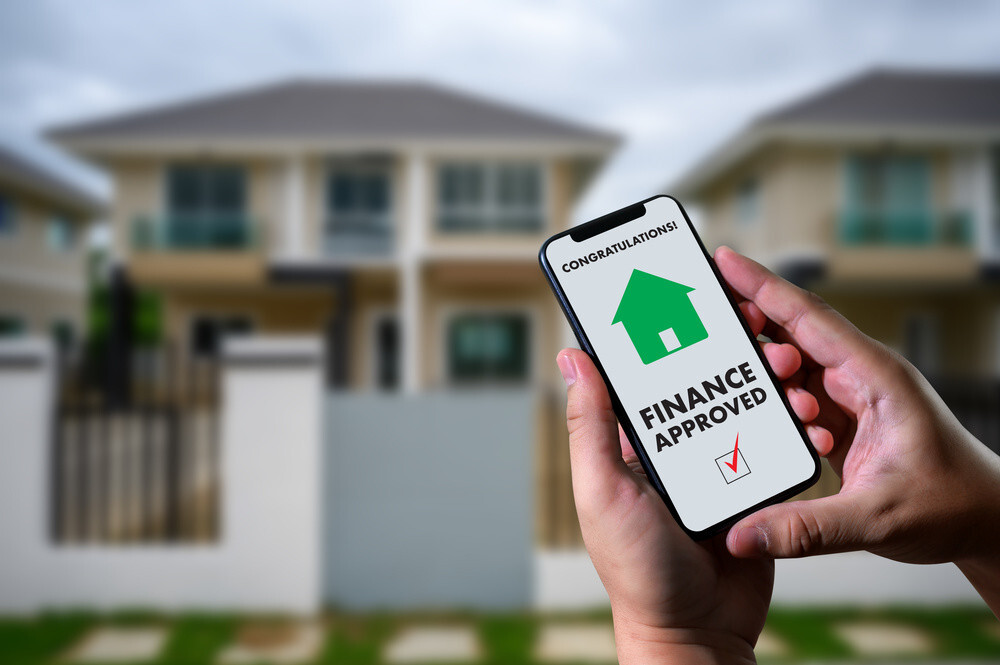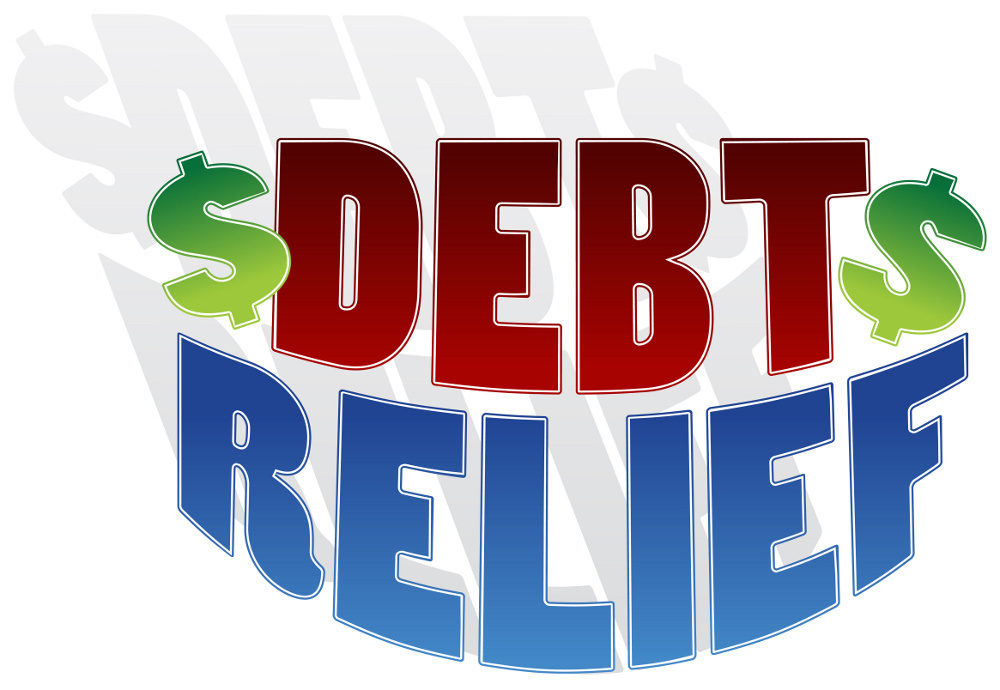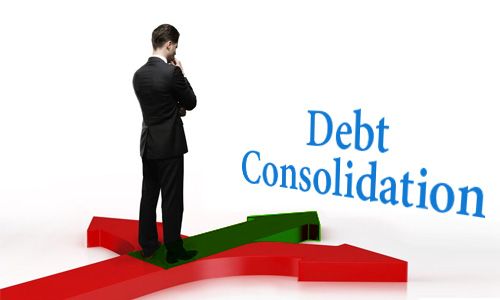A debt consolidation is a way to refinance a debt. A person can take out a new loan or line of credit that is large enough to pay off their loans. The outstanding debts are then repaid and you begin to repay the new loan or line of credit, which usually have a lower rate or a simpler payment schedule. Paying off your debts is a great way to get your finances back and rebuild your credit.
A debt consolidation loan is like a standard personal loan, but the money is used to pay off the debts. Since all debts are repaid, they are consolidated or “consolidated” into a new loan.
A debt consolidation loan can be used to pay off credit card debts, pay late bills, auto loans and more. When you repay your debts through a consolidation loan, you only need to repay the new loan. Your payment schedule is thus simpler and the interest charges are lower, especially if you had late payments for your old debts.
How to apply for debt consolidation?
The bank assesses the risk you represent. They study your credit history, debt ratio, repayment behavior and ability to pay your loans. If the bank feels that you would have had trouble repaying the other creditors, it may not give you the loan.
Banks may require a guarantee through an endorser. If you have a good job and equity on your home, for example, you could be a good candidate, depending on the amount of debt to consolidate.
How does a debt consolidation work?
- Ask for an online loan quote to find out how much money you can borrow. It will only take a few minutes and it will not affect your credit score.
- If the bid is right for you, a specialist from the respective financial organization will contact you. He will recommend a loan solution and a payment plan tailored to your needs and your budget.
- Visit the respective branch to complete the loan application process and get your debt consolidation loan.
Why do people ask for a debt consolidation loan?
People are asking for a consolidation loan for several reasons:
- A debt consolidation loan consolidates bills and debts to make a single payment. It is therefore easier to manage the repayment of debts.
- A simplified payment schedule allows you to repay your debts faster and, therefore, save on interest charges
- An easy-to-manage payment schedule will allow you to make timely payments, demonstrating good repayment habits on your part.
- Over time, a positive payment history will help you rebuild your credit.
What is the best way to consolidate your debts?
The best way to consolidate your debts depends on your goals. If you like to have a simplified payment schedule, then choose the monthly payments, since they involve only one payment per month and therefore only one date to remember. If you like to repay your debts faster choose installments every two weeks and a shorter loan term.
The goal of a debt consolidation is to free you from your debts. It is therefore important to keep control of your new loan. Regardless of your payment schedule or the length of your loan, consider setting up automatic payments. The money will be withdrawn from your account on the day of your choice. With automatic payments, you no longer have to worry about forgotten or late payments. So you stay on track and repay your consolidation loan on time.
Why debt consolidation loans are recommendable?
If you have multiple bills and unpaid debts, debt consolidation may be the right solution for you. Debt consolidation is especially useful if it is difficult for you to track your payments. If you are thinking of getting a debt consolidation loan, try any debt consolidation calculator from any financial organization offering debt consolidation. The calculator lets you see how much you can save by paying and consolidating your bills with one payment.
Advantages
The main advantage is certainly the reduction of stress related to multiple payments and especially to their deadlines. Also, the interest rate for a debt consolidation is usually lower than that to pay to your creditors and these will be paid in full, more quickly. It is obviously easier to manage only one payment, your chances of forgetting decrease considerably.
The inconveniences
Even if the consolidation of your debts allows you to save on interest payable, you must keep in mind that your overall debt still exists. Ignoring this detail, the possibility of getting into debt is watching you. It will therefore resist the appeal of an “empty” credit card, as attractive as it is.
Conclusion: By consolidating, the overall debt remains the same, contrary to the consumer proposal. And even after consolidating credit card balances, remember that the amount of debt to be repaid will increase if you continue to use them.It’s never too early or too late to take control of your finances. Give yourself some time to review your financial habits and make sure you are on the right track in achieving your goals. If in doubt, your financial adviser can help you.










































